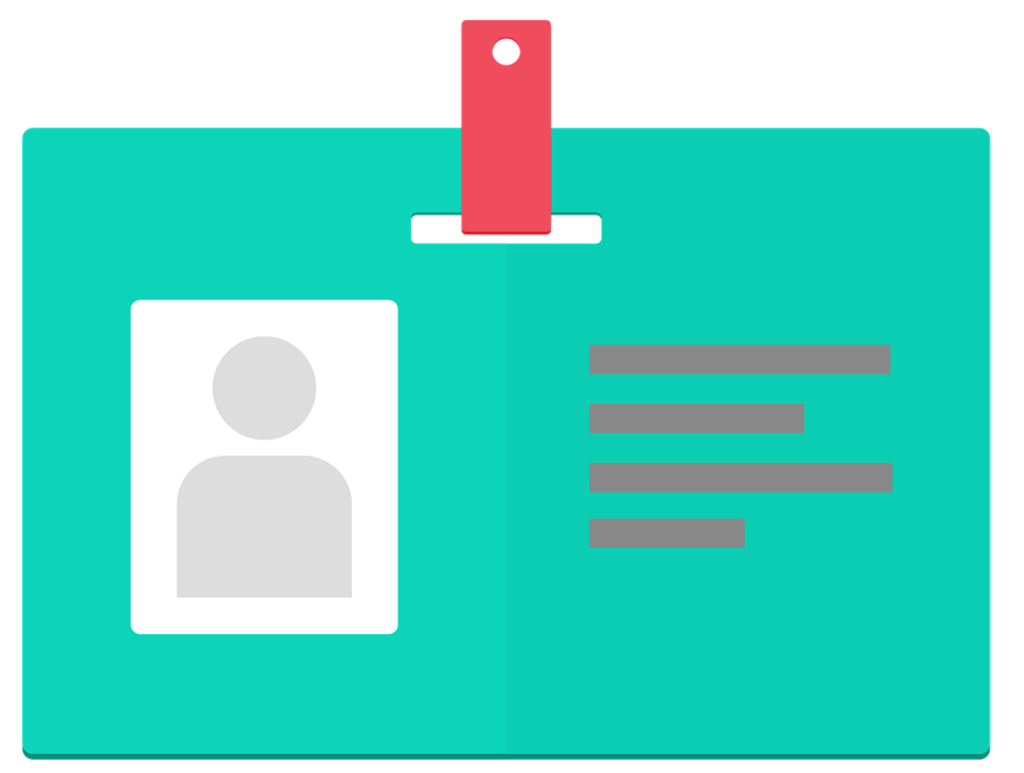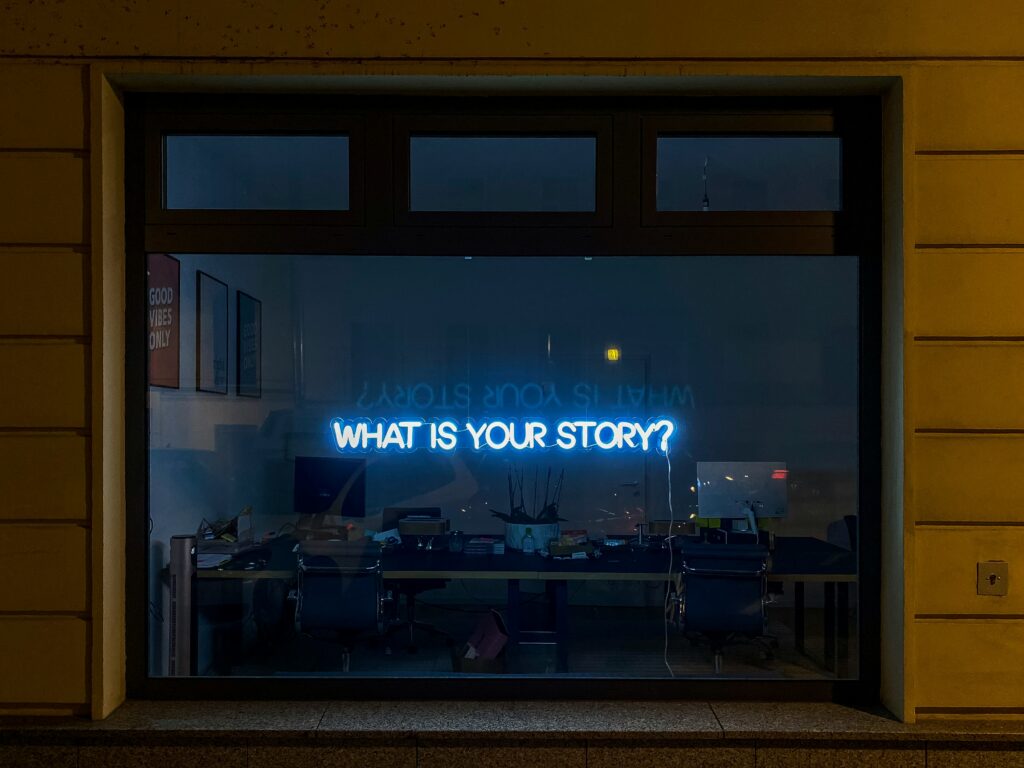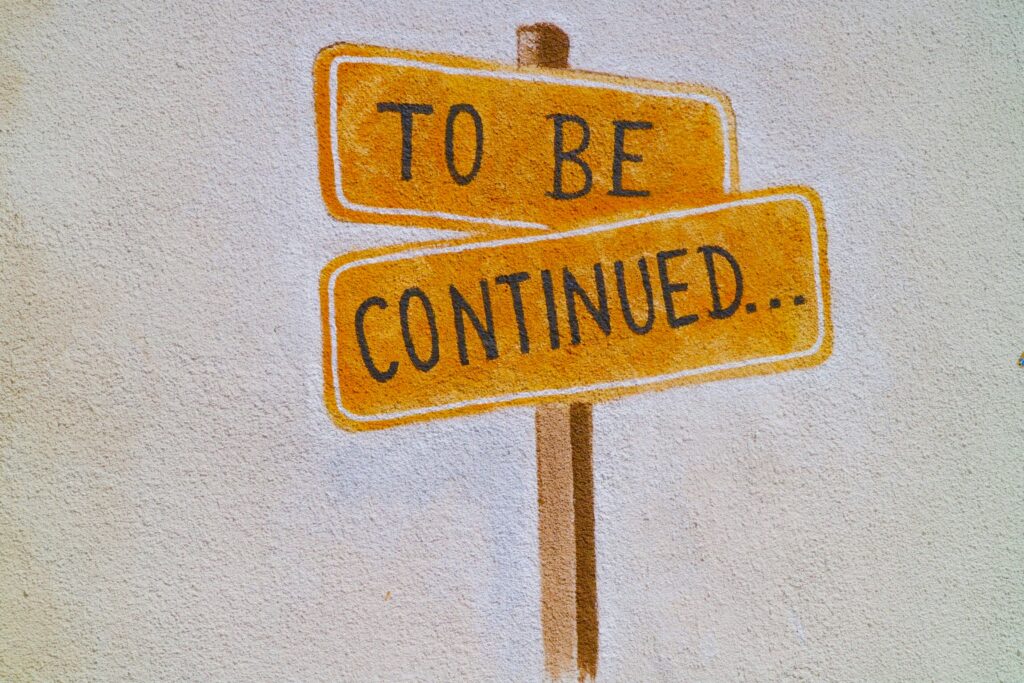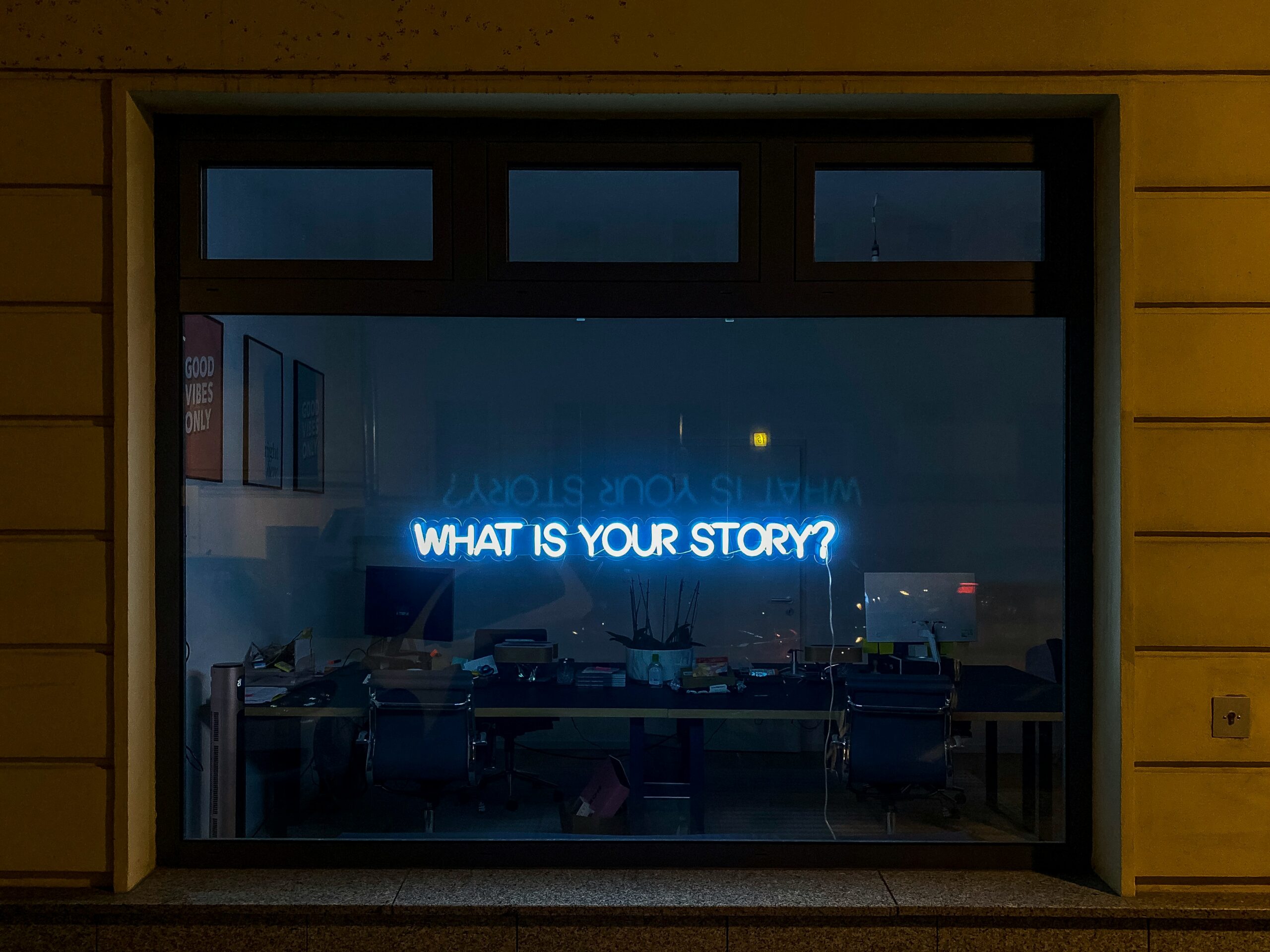
In the past few years, I’ve written about my journey with labels: Living and Thriving with Labels and Don’t call me Migrant or Asian but who do you say I am? In a generous reading of a label like ‘migrant’, you could say it is a convenient shorthand that points people to specific information and services, and allows people to quickly adjust how they engage with the subject matter or people who identify as migrant. You might even say ‘migrant’ encourages feelings of empathy and curiosity. In a less sanguine light, ‘migrant’ perpetuates the tropes in our public consciousness – the yellow/brown/black skinned person who is struggling in a white world, who overcomes the odds to be one of them, overachieves but stays humble and grateful.
While we’re interrogating the label ‘migrant’, it is worth pointing out that ‘immigrant’ is the more common term to refer to people leaving their country to enter another country for a permanent or significant stay, while ‘migrant’ tends to refer to an itinerant worker who moves with regularity, for example, to take up seasonal work (see Merriam-Webster’s handy explanation). For clarity, I’m focusing on the ‘immigrant’ experience, but using ‘migrant’ as it is a deeply entrenched and a catch all term in the context of Aotearoa New Zealand.

‘How did I end up being a migrant?’ is a question I often ask myself. We wanted was a ‘better life’ – less stress, more freedom, greater opportunities for self-expression and advancement on our own terms. We were prepared to fill out the paperwork, undergo medical checks, and endure the stress of waiting and not knowing. And for sure, having a visa label or letter confirming our migrant status and eligibility for study and work was the prized reward. While it is critical to have the systems recognise me as a legitimate migrant with rights to live and work here, I didn’t count on the status and label becoming a social stigma of sorts.
Somehow looking and sounding different puts me in a ‘migrant mould’ of needing to have an ‘ethnic’ name that’s probably hard to pronounce; any look of puzzlement means an unfortunate lack of cultural understanding to be resolved by ‘that’s the way it is here’; and various superficially annoying interactions that I’ve learnt to forgive (but can’t forget), and have a laugh over it with migrant and non-migrants alike. But the most painful experience is believing others will never really want to accept you for who you are, what you stand for, what you offer – unless you become like them.
In making the move to New Zealand, we’ve been told about the settlement curve and how it’s a matter of time and a few ups and downs before it all works out. We’re told to make friends and find support, build our networks thick and fast. Doing of all of that will certainly help you ‘settle’, but few people talk about the immense stress and the volatile state of our sense of identity and belonging. And what does ‘settlement’ mean when we live in in a hyperreality of real world and app world collapsing into our everyday existence?
After 10 years of being located in a different country with its own set of customs and values, many of which resonate with me, some of which I’ve wholeheartedly adopted, and others which I’ve treated with a distant curiosity, I do not want to be a ‘migrant’ even though others may stick the label on. I WAS a migrant when I crossed borders, did the ‘settlement’ thing (a few cycles of the curve in my own experience), and tiptoed carefully around social situations. But surely there’s a point where we can shed this badge of (dis)honour, and be our own person.
‘How do I end up NOT being a migrant?’ is the next question I want to consider. And because good things come in threes (and it’s easier to remember 3 things), my answer is: Adapt, Integrate, Revision.
Adapt – learn how to be flexible, how to be firm. Be open to the changes that moving countries will bring – seek to understand the lingo, social customs and cues, and quite importantly, what people’s comfort zone is and how you will operate in and out of the zone. I’ve learnt about social space – what’s considered too close and intrusive for some, and conversation styles – some prefer a high degree of logic and coherence, and others shoot the breeze and skirt around serious topics.
I’ve also learnt that adaptation is necessarily one sided most of the time, because there’s more inventive and pressure for migrants to figure out their new environment more than anyone else. But don’t lose yourself in the process. There is probably a part of you that adapts easily (eg, learning Kiwi slang, participating in a shared morning tea), and there is a part that firmly rooted. For me, I’ve become clear on what I won’t adapt to suit the status quo, and one of those things is my name. Over time, I’ve decided it wasn’t ok for my name to be mispronounced and misspelled, and I’ve adopted a face-saving approach to correct people when my name becomes a stumbling block. I I used to squirm in silence when someone didn’t get my name right, or made assumptions on what part of my name was ‘real’. Now I correct people at the earliest opportunity (before it gets more embarrassing), or decide to take it up 1:1 on another occasion, or find a gap somewhere in the group conversation to re-state my name for everyone’s benefit.
Integrate – find your tribe, find your purpose. Study, work or love may have brought you to this country. But when that becomes the only focus of your existence in a new place, it becomes an unbearable way of life. Our lives prior to immigrating to another country was tied up in our routines, networks, friends, family and enjoying the social bonds and activities we take for granted. Our visa might be tied to study, work or a partner, but our lives revolve around a much more complex set of relationships.
I recall the time I was on a student visa studying for a PhD, and clearly demarcated as an international student. I had a young family then and school routines and family activities was very much part of our new lives. But my primary focus was driven by my identity as a doctoral student, driven in part by the visa time limit and financial resources. The narrative I found myself caught up in was being a scholar and a high achieving academic. Being in a relatively small university town with a significant international student population reinforced the idea that I was an international student which in turn encouraged participating in a community of fellow doctoral students.
While being part of an international student community was helpful, it was limited in many ways. Life was much more than just completing a degree, and it was hard to see how I could be part of the wider society and how I could contribute in other ways. Getting involved in other communities had its challenges, not least balancing family life and the demands of a PhD.
After graduating and moving to Wellington for work, I was determined to invest time and effort into finding a community my family and I could be a part of. For us, this was the church community because my faith gave me the ultimate purpose in life. It didn’t happen overnight and covid didn’t help matters, but the more I opened myself up to gatherings and activities, the more church became a real and significant part of my life.
In terms of a professional network, I’ve made connections across different teams in an organisation, with external stakeholders, at networking functions, at workshops and conferences. I would say I’m more organic and intuitive in this regard. If I easily built rapport with others, or if something clicked between us, then the next thing could be a coffee, a virtual call, or simply noticing and responding to what they post on LinkedIn. For me, it’s become a loose but genuine network of people whose work or values align with mine, and some people have become close colleagues and friends.

Revision – embrace a new version of yourself. The process of adapting and integrating is not linear. It’s a to and fro, up and down, and often concurrent process. You’ll feel like a stranger and novice at first, and then it becomes easier over time and with a supportive community. There may be times of delight, but also plenty of disappointments. There will be disruptions and darkness, but there will be light at the end of the tunnel. Through all of this, I believe you will be a different person from when you first started as ‘migrant’. What have you learnt through these experiences? What did you learn about yourself that was predictable or surprising? Have your references points shifted, eg where is home for you now? Or perhaps you have multiple places you call home depending on the season?
Reflecting on why and how I’ve become a migrant has given me a perspective that allows me to discard the baggage that comes with the ‘migrant’ label. I’m not the same person I was 10 years ago; I’ve evolved and changed the way I view the world and what it means to live authentically in a place and culture I’ve adopted, and to be true to my values and ambitions.
To loosely quote from one of my favourite movies, Dead Poets Society, “Carpe diem, seize the day, make your lives extraordinary.”

This is such an interesting and openhearted article Sherrie! Recommended to those in the process of migrating as well as to those who have never experienced moving abroad (which is different from living abroad for a short period of time), and may not be aware of the challenges faced by their friends or work colleagues born in other countries.